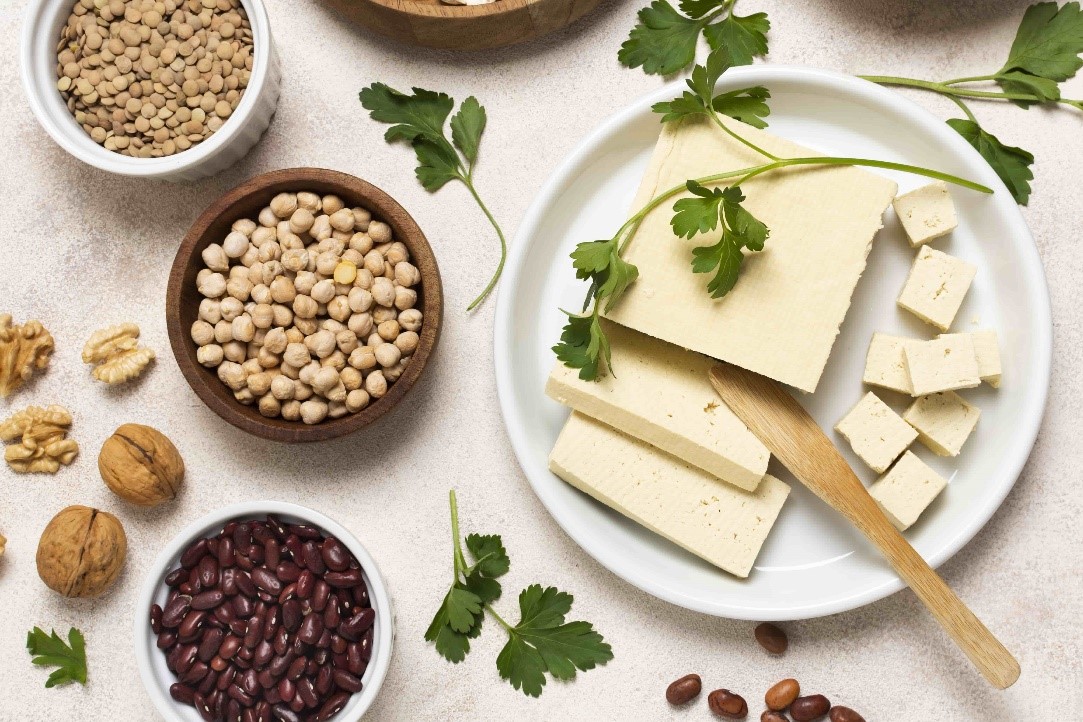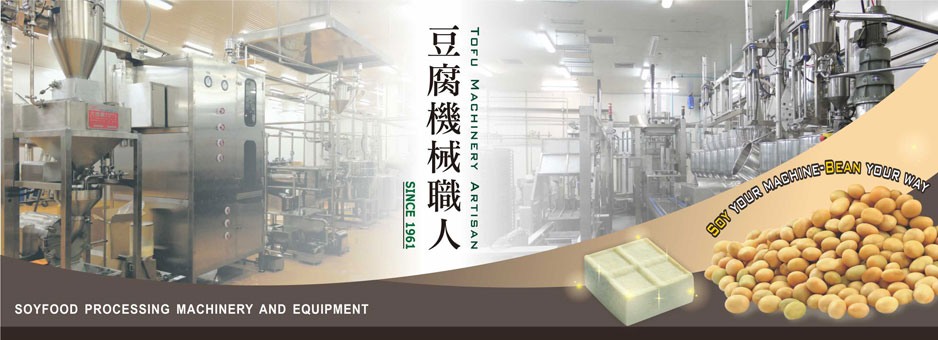How Does Tofu Promote Health?
Soybean-based proteins—like tofu—have a number of health benefits.
Prevents Coronary Heart Disease
The isoflavones—a compound known for its antioxidant and anti-inflammatory properties—in tofu help keep your heart healthy. For example, a study published in 2020 in the journal Circulation examined data from more than 100,000 people. The researchers found that eating at least one serving of tofu per week lowers the risk of coronary heart disease compared to those who ate tofu less than once per month.
"Soybeans may be helpful in lowering blood pressure and, consequently, reducing the risk of cardiovascular disease and stroke," added Freirich.
Lowers Cholesterol Levels
Tofu is also known to be helpful in lowering LDL cholesterol ("bad" cholesterol), as well as modestly lowering triglycerides and modestly increasing HDL cholesterol ("good" cholesterol).
In a study published in 2019 in the Journal of Nutrition, researchers analyzed 46 studies and found that soybean significantly reduces "bad" cholesterol by about 3% to 4% in adults.
Promotes Memory and Brain Health
Although the research is not completely clear, there's some evidence to suggest that tofu and other soybean-based foods help improve cognitive function—such as memory and problem-solving skills.
A study published in 2020 in the journal Alzheimer's & Dementia: Translational Research and Clinical Interventions suggested that equol, a metabolite produced in the gut from consuming soybean products, may help reduce the risk for dementia. According to the researchers, people who consumed high quantities of equol from eating soy products had half the amount of white matter lesions—a risk factor for Alzheimer's disease—as those with low equol levels.
The folate found in tofu can also have a positive impact on your mental health. Per the National Institutes of Health, a folate deficiency links to a high risk of depression.
Eases Symptoms of Menopause
The soybean component of tofu may have benefits for women going through menopause.
In a study published in 2021 in the journal Menopause, researchers examined postmenopausal cisgender women. They found that adding one-half cup of soybeans to a low-fat, plant-based diet reduced hot flashes, a symptom of menopause, by 84%.
Freirich explained that isoflavones found in soybeans, and tofu, mimic the effects of the hormone estrogen on the body. During the times leading up to and around menopause, the amount of estrogen in your body decreases.
Therefore, by adding tofu to your diet, you can help curb any uncomfortable symptoms. Those symptoms include hot flashes, as well as heavy and irregular menstrual bleeding, and mood changes.
Lowers Risk of Osteoporosis
Calcium strengthens bones, and some tofu is enriched with calcium.11 Strong bones are essential to preventing osteoporosis, which is a common side effect of menopause due to the decrease in estrogen.
May Lower Risk of Certain Cancers
Some studies suggest that regular soybean intake helps slow the progression or decrease the recurrence of certain cancers.
A study published in 2017 in the journal Nutrients found that people diagnosed with prostate cancer may find that eating tofu, and other soybean-based foods, keeps their prostate-specific antigen levels low. That helps the cancer progress slowly or not at all.
But the evidence surrounding the effect of soybean on prostate cancer is conflicting. Another study published in 2017 in the International Journal of Cancer discovered that eating soybean-based foods might actually increase your risk of aggressive prostate cancer.
Meanwhile, per the National Library of Medicine, isoflavones found in tofu lower the risk of developing breast and ovarian cancers. However, the effects of soybean intake on preventing breast and ovarian cancers among people who are postmenopausal remain elusive.
Other Potential Health Benefits
The authors of the Food & Beverages Processing article also noted that tofu has been associated with potential benefits such as:
Muscle health
Brain health improvement
Blood sugar regulation
Anti-aging properties
Boosted immunity
Body weight loss
Prevention of migraines, kidney disease, liver damage, anemia, and hair loss
The Soy Controversy
During the 1990s, some people raised concerns about tofu—and other soybean-based foods containing isoflavones that mimic the effects of estrogen on the body—regarding cancer. However, Vanessa Rissetto, RDN, co-founder of the nutritional coaching group Culina Health, pointed out that researchers closely investigated those foods for their role in chronic disease prevention and treatment.
"Soy may adversely affect some people, but the concerns come mostly from studies on rodents," Rissetto told Health. Also, past studies have shown that tofu does not contain enough of such synthetic estrogen to increase the risk of breast cancer.
"Both the European Food Safety Authority (EFSA) and North American Menopause Society have found that plant estrogens are not raising the risk of breast cancer," explained Freirich. "Of course, research is always ongoing to learn more about how different tissues and different people react to components in our food."
Freirich also acknowledged concern regarding soybean-based products and thyroid failure for people taking thyroid medications. However, a study published in 2018 in the journal Frontiers in Endocrinology found no statistically significant changes in participants' thyroid functions after consuming those products.15
But Freirich urged that you still "speak to your [healthcare provider] before substantially increasing your intake of soy products."
Keep in mind that soy is a common food allergen, particularly in young children. According to the American College of Allergy, Asthma & Immunology (ACAAI), allergic reactions to soy typically appear in infants and children younger than three years. But many children outgrow soy allergies during childhood.16
How To Cook Tofu
Before you cook and enjoy it, make sure to prepare your tofu properly. It comes packed in water, so the first step is to get rid of as much liquid as possible. Yule used a red cheese press but also recommended the old-school method of pressing your tofu between two weighted plates.
To maximize the health benefits of your tofu, Yule advised against deep-frying or using excessively sugary sauces.
"It's like a blank canvas for flavor, and one wonderful way to enjoy it is marinated with sesame oil and low-sodium soy sauce then air-fried," said Yule.
You can also bake, pan fry, grill, stir fry, or sauté tofu. For an especially healthy meal, Freirich recommended filling 50% of your plate with non-starchy vegetables, 25% with tofu, and 25% with a whole grain, like brown rice.
Generally, the variety of tofu determines how you should cook it for the best results. Medium and soft varieties are ideal for recipes that involve crumbling or mixing. On the other hand, firm and extra firm varieties are best for grilling or pan frying—as well as baking and sauteing, per the Academy of Nutrition and Dietetics. And silken tofu, which is mostly liquid, is best for soups, dips, sauces, puddings, and smoothies.
If you want to try tofu but don't plan to use it right away, you can freeze it per the USDA.17 In order to do so, you would need to drain the water off, pat it dry, and slice it. Put into an airtight container, tofu can be stored for up to three months in the freezer, the USDA says. Then, when you are ready to use it, put it in the refrigerator to thaw overnight.
Other Considerations About Tofu
"When enjoyed in moderation, tofu will be beneficial for most, but it's possible to overdo it even with healthy foods," said Yule. The Food & Beverages Processing article agreed and also noted that tofu can cause gastrointestinal issues (e.g., gas, bloating, or nausea), headaches, or fever.1
You should also speak to your healthcare provider about consuming tofu if you take monoamine oxidase inhibitors (MAOIs), noted Freirich. One of the amino acids found in tofu is tyramine, which helps balance blood pressure. However, MAOIs block the protein that breaks down tyramine. Combining tofu and MAOIs could lead to dangerously high blood pressure depending on your dose.
By Claire Gillespie
https://www.health.com/nutrition/is-tofu-healthy





